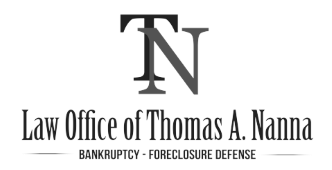What debts are dischargeable?
Generally, all debts listed on the petition are dischargeable. However, certain types of debt are not dischargeable. The non-dischargeable debts include, but are not limited to:
a. Certain taxes and fines;
b. Debts arising from certain fraudulent conduct;
c. Debts not listed in your bankruptcy petition;
d. Alimony, child maintenance or support, and certain other related debts arising out of a divorce decree or separation agreement;
e. Debts caused by the Debtor’s willful and malicious injury to another;
f. Government guaranteed student loans;
g. Debts caused by a death or personal injury related to your operation of a motor vehicle while intoxicated; and
h. Post-bankruptcy condominium or cooperative owner’s association fees.





